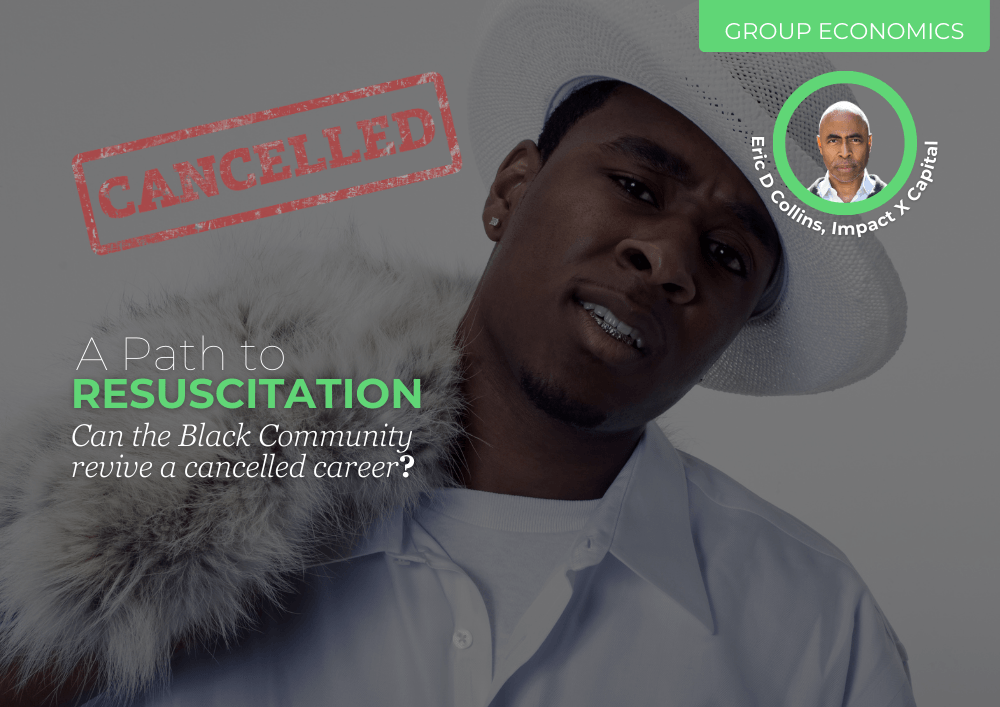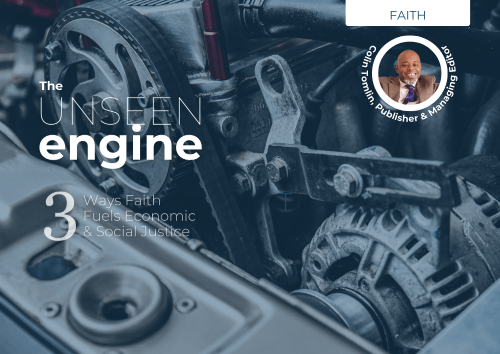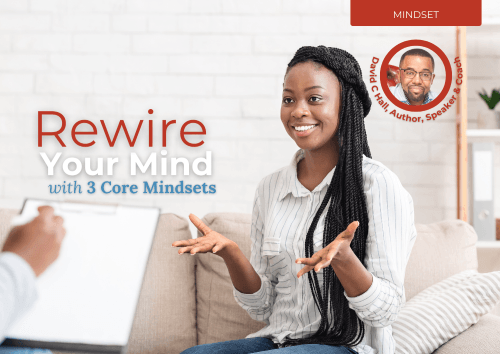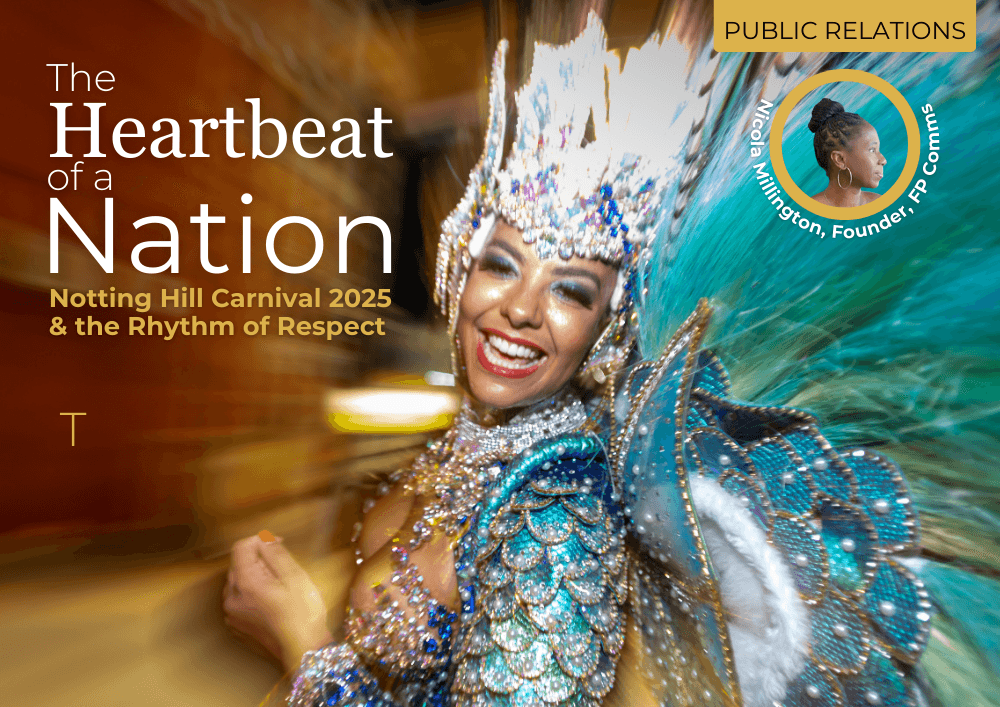
In our modern world, the concept of ‘cancel culture’ has become a pervasive and often polarizing topic.
But what does it truly mean to be ‘cancelled’?
It's where public figures face a swift and powerful backlash—often online—leading to a withdrawal of support from their audience, employers, commercial partners and peers. At its core, it is the collective decision to determine who receives our resources, including our precious attention, and support. This is not to say that everyone deserves unwavering support.
There are circumstances where withdrawing the Black communities' support makes sense.
And while some transgressions may be so severe as to render a person toxic without a complete overhaul of their character, many cases of ‘cancellation’ are more nuanced. We can look to the example of Brad Pitt, who, despite past personal controversies, has largely been rehabilitated in the public eye with crowds flocking to his films and him partnering with Black community icons such as Lewis Hamilton.
This raises crucial questions for our community.
Don't be afraid to market your product beyond traditional ethnic markets to tap into broader consumer trends and preferences.
Is it possible for a Black celebrity to experience a similar ‘soft landing’ and return to prominence after a public misstep?
Will the economic stakeholders—the movie studios, ad agencies, management companies, and media outlets—actively rally around a Black celebrity to bring them back into the fold?
This is where the issue of ‘cancel culture’ intersects with the dynamics of soft power (influence) and hard power (money and institutional control).
While Black people may not currently possess all the hard power needed to enact change on our own terms and timelines, we can use every method of soft power and our autonomous buying power to achieve similar ends while simultaneously building up our systemic hard power.
The path to resuscitation is not a new concept.
Think of historical figures like Martin Luther King Jr. or Nelson Mandela. During their active resistance against the racist systemic status quo, they were considered by many leaders of their nations to be terrorists and agitators fomenting unrest and violence. At the time, it was Black people and their allies who kept these men from being truly ‘cancelled.’
Without the constant agitation, support, and rallying of their communities, the systems that wanted them silenced might have succeeded in completely ‘taking them out.’ Their stories remind us that the ability to provide a ‘soft landing’ is not just about individual forgiveness, but also about community support and the strategic use of power.
When you compare those historical figures with current leaders like Donald Trump or Boris Johnson, largely vilified by the public but not cancelled in the same way, you could argue that being aligned with powerful and economic interests, despite being deeply toxic, results in a different outcome.
For a 'soft landing' to work, though, it often requires a strategic and concerted effort across various fronts.
1. Economic Leverage through Consumption.
When a company unjustly severs ties with an individual, consumers can collectively redirect their spending away from that brand to send a clear message. Conversely, actively supporting a company founded by an individual who has been unfairly targeted can help ensure their economic stability.
2. Corporate & Political Advocacy.
Empowered individuals within corporations can use their influence, much like Ken Chenault, Chair & CEO of Amex did, when, in 1991 Magic Johnson announced his HIV diagnosis. Ken unwaverinly supported Magic at a time when he needed all the support he could get because every other brand dropped him.
On a political level, public officials and organizations can speak out against what they see as unjust censure.
When the Labour Party censured Diane Abbott MP, many people saw this as an opportunity to put this in practice and put the party on notice using their platforms to challenge the narrative and leverage their voting power during elections.
3. Social Media Mobilisation
Finally, this method provides a powerful, decentralized tool.
It bypasses traditional media gatekeepers, allowing for the rapid organization of support and the dissemination of alternative perspectives. By creating viral content and expressing collective support, communities can shape public perception and influence economic outcomes.
Ultimately, providing a 'soft landing' requires a community to carefully weigh a situation, collectively decide who is deserving of a second chance, and then act in a unified, strategic manner.
It really is a powerful way for Black communities to exercise our agency and decide the narrative of accountability and resuscitation. Let’s put it into practice and offer the people who share our values and our vision a soft landing, if and when they are ‘cancelled’.
Pitch Black Recommends
Get Pitch Black PLUS. It's our Multimedia Experience in order to READ, LISTEN, WATCH, LEARN & APPLY in one engaging online space.
Pitch Black Recommends
Nicola Millington shares the heartbeat of a Nation; Notting Hill Carnival 2025.
[Read More]
David C Hall outlines the 3 Core Mindsets to Rewire Your Mind.
Nicola Millington shares the heartbeat of a Nation; Notting Hill Carnival 2025.
Get Pitch Black PLUS. It's our Multimedia Experience in order to READ, LISTEN, WATCH, LEARN & APPLY in one engaging online space.
The UK's Black Entrepreneurs & Executives Magazine is all about Celebrating us, Cheering us on & Challenging us to tune out the noise and turn up with poise.
© 2025 All Rights Reserved. Pitch Black Online Ltd. Company. Registration No. 16038699. Registered in England & Wales. Registered Office: Meadow Creek, Norwich, NR8 6HA, United Kingdom.








